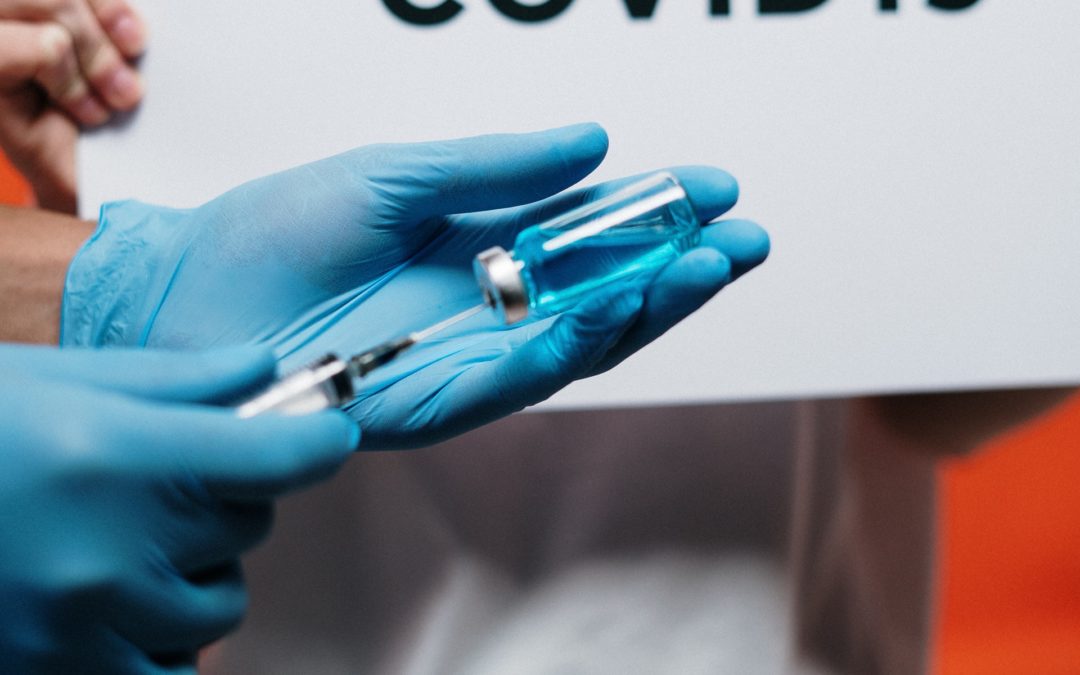Much of the strategy that is being used for the lockdown and other social distancing measures, is done with the expectation that we are perhaps a year or two away from an effective COVID vaccine that will be the end to all our woes. Is it only 12 months away? Or maybe 18 months away? I definitely like to be an optimist in life, and hate to be a Debbie Downer on this topic—but this expectation is at best unrealistic, and at worst misleading.
As big pharmaceutical companies and research institutions across the world race to be the first to come up with a vaccine and expedite clinical trials, not enough people are looking ahead realistically as to how this may pan out. So let me paint a scenario.
A vaccine does eventually come out next year that has passed through the expedited trials (that usually take several years) and shows promise. It starts being rolled out. Within a few days, we start hearing some sporadic accounts of reactions, side-effects and medical syndromes—that people claim is directly from their jab. This is bound to happen with any vaccine that is being administered to millions of people. In this social media age, these stories gain traction online—as we give disproportionate coverage to these few cases (which may or may not be genuine reactions) compared to the hundreds of thousands who don’t have any problems. This news spreads like wildfire, lawsuits start to be filed, and all this makes more people reluctant to get the vaccine so soon after its release with no long-term safety data. Are we going to mandate everyone get the vaccine, or give people individual choice, like with other vaccines? If everyone isn’t going to get it, then won’t that defy the whole logic of eradicating this virus, because plenty of people will still be acting as vectors and spreading it?
And then, will the vaccine even be completely effective? The flu vaccine is administered every year to millions of people, who still go on to get the flu. That’s because viruses mutate, and new strains arise all the time.
Finally, while we all wait for a COVID vaccine and pins our hopes of resuming life on that milestone, what about all the other festering illnesses that may just kill people first? Statistics show that people are now afraid of going to hospital with their ailments for fear of contracting the virus. Emergency rooms across the country are reporting that heart attacks and strokes are, for some reason, dramatically declining. Does this mean that millions of people are suddenly healthier, or that these issues are boiling just below the surface or worse still, they are dying at home? Add to this mix the inevitable effects of poor eating and exercise habits during a lockdown (obesity and diabetes rates are going to skyrocket) and the depression that stems from millions out of work—we are sitting on a health ticking time bomb. Try getting a vaccine for those things. The medical community has rightly been entirely focused on coronavirus for the last several weeks, but we must now plan on getting back to addressing all the other deadly chronic diseases out there.
We can pin our hopes of a better future post-coronavirus crisis on many things, but a vaccine shouldn’t be one of them.

Follow me on:
YouTube: Suneel Dhand
Instagram: suneeldhand

